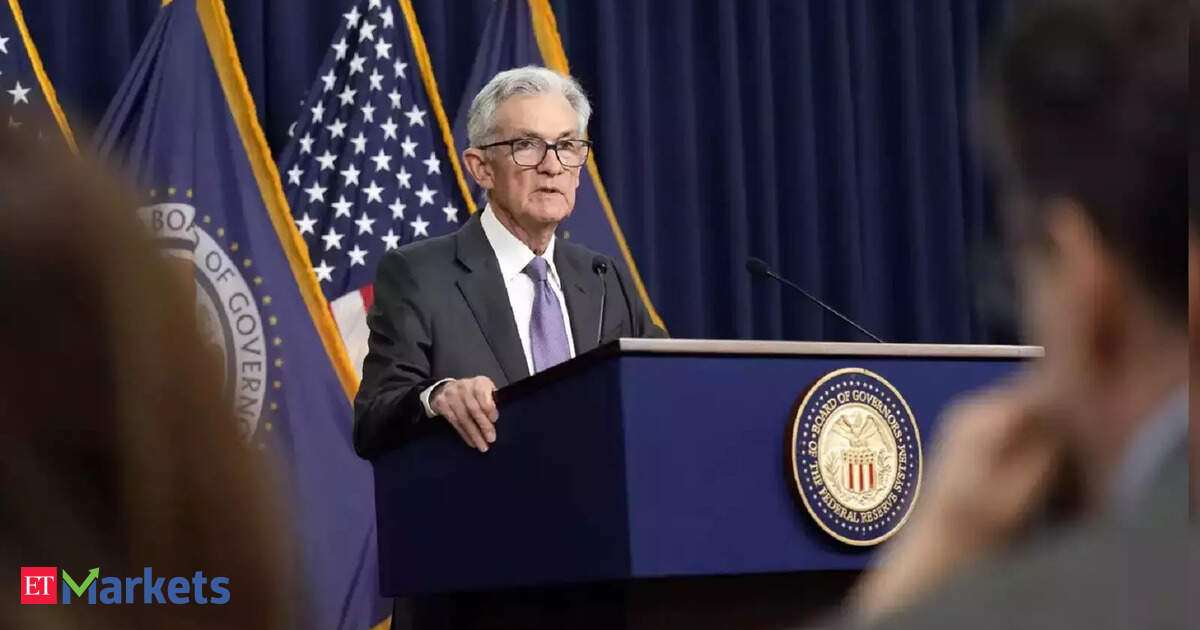Now Reading: Powell’s Speech, FII Moves Among 8 Key Market Triggers This Week
-
01
Powell’s Speech, FII Moves Among 8 Key Market Triggers This Week
Powell’s Speech, FII Moves Among 8 Key Market Triggers This Week

Quick Summary
- Indian stock markets closed higher for the second consecutive week. Nifty gained 1% to settle at 24,870.10, while Sensex ended at 81,306.85.
- Optimism was driven by potential GST rate reforms and S&P’s upgrade of india’s sovereign credit rating, though geopolitical concerns and US policy rates tempered sentiment.
- Key market triggers for the upcoming week:
– Fed Chair jerome Powell’s Jackson Hole Address: Market reaction to his dovish tone will influence trends.
– Geopolitical developments: august tariff deadlines could impact financial markets globally.
– Domestic data: PMI figures and GDP/IIP releases will be monitored closely as indicators of India’s economic health.
– technical levels: Nifty needs to sustain above its support zone (24,800) for potential upward moves toward targets of up to 25,250-25,400 points.
- Factors affecting trends:
– Volatility due to monthly expiry on Aug. 28th,
– Persistent selling by Foreign Institutional Investors (FIIs), with rs.25,564 crore sold in August alone,
– Rupee movements tied closely to dollar index shifts post-Powell’s speech,
– Fluctuation in crude prices impacting risk sentiments.
Indian Opinion Analysis
The ongoing buoyancy in India’s stock markets underscores cautious optimism fueled by domestic policy signals like GST reforms and credit upgrades but remains sensitive to global cues from Jerome Powell’s remarks and geopolitical uncertainties around trade tariffs. Persistent FII equity outflows suggest a lack of confidence among foreign investors-an issue that may need further systemic introspection given its direct impact on the rupee’s performance.
Data releases expected this week offer critical insights into India’s economic trajectory amid mixed signals about manufacturing activity recovery and broader growth metrics.Technical analysis suggests room for upward movement contingent upon sustaining key support zones amidst short-term volatility from INR fluctuations or crude oil changes.
Long-term implications hinge on strategic alignment between domestic initiatives like GST modernization against unpredictabilities stemming from global monetary policies or external risk factors such as rising oil prices or geopolitical tensions.
























